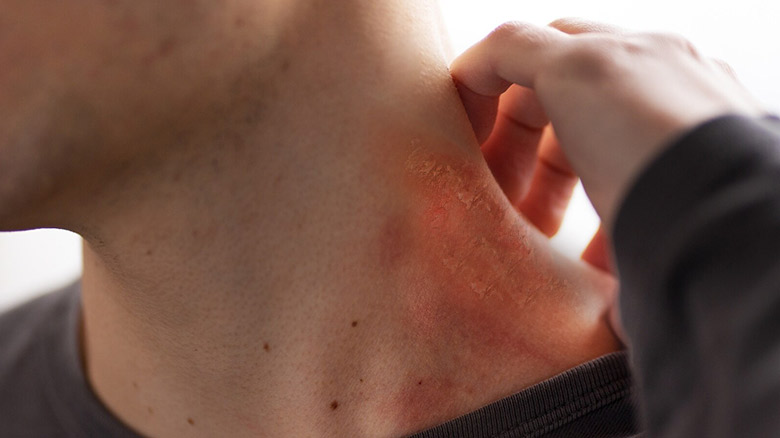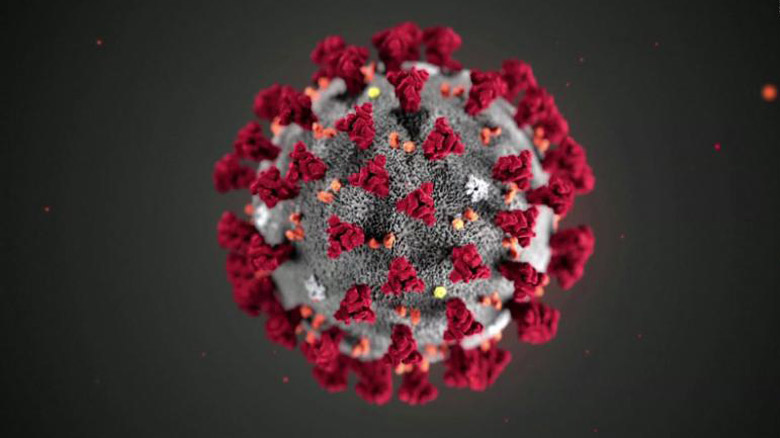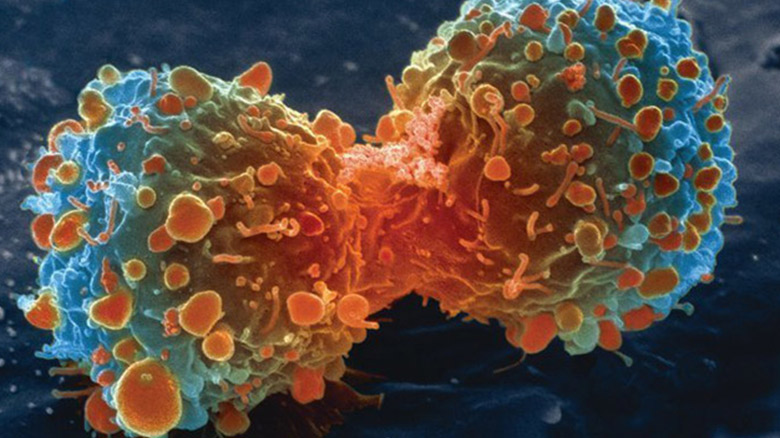
Psoriasis is a chronic, auto immune inflammatory skin disease, which often gets worsens during the winter season. The colder and drier winter weather increase Psoriasis symptoms. By proper diet, Skin care and with Ayurveda’s holistic remedies one can have successful solutions to manage Psoriasis. Ayurveda consultant understand and diagnosed the deeper reasons behind these seasonal flare-up Psoriasis symptoms and implementing preventive measures and improve the quality of life for individuals with psoriasis.
Understanding Psoriasis Through Ayurveda
In Ayurveda, Psoriasis is linked to imbalance of Pitta Dosha our biological energy responsible for maintaining metabolism, digestion and body temperature. When Pitta Dosha gets misbalanced, it can lead as skin inflammation and irritation.
History of Psoriasis:
- The Greek “Father of Medicine” Hippocrates (460-377 BC), is credited with the first descriptions of skin disorders. Psora is the word he used, which meant itch to describe the scaly, dry features of psoriasis and other inflammatory skin conditions. But in Ayurveda Psoriasis, was well documented many years before Hippocrates. Psoriasis in Ayurveda is called as “Audumber” or “Pundarik” Kushtha.
- The term “psoriasis” was given by the Greek physician Galen in 2nd century AD. He described Psoriasis as a scaly skin condition that often affected the scalp, elbows, and knees. Psoriasis is also being described in Ancient Rome by Cornelius Celsus.
- In the 19th century, Robert Willan, a British physician, further classified psoriasis into different types based on its appearance.
- The 20th century brought significant advancements in understanding and treating psoriasis.
Why Winter Worsens Psoriasis:
- Dry Skin: Cold and dry winter air deprive the body skin of its natural moisture from environment, leading to dryness, itchiness, and increased scratching.
- Sunlight: Reduced and low sunlight exposure to skin in winter can increase the symptoms. Bright Sunlight exposure helps to control the over-production of skin cells, an important factor in psoriasis aggravation.
- Stress: The holiday season, increase in indoor movement and less outdoor activity can increase stress levels, which can trigger psoriasis eruptions.
Types of Psoriasis:
- Plaque psoriasis is the most common type of psoriasis, characterized by raised, red patches covered with silvery scales.
- In Guttate psoriasis small, red spots that often appear after a sore throat infection.
- Inverse psoriasis, smooth, red patches that develop in skin folds, such as the groin, armpits, and under the breasts.
- Pustular psoriasis in which small, pus-filled blisters that form on the skin.
- Erythrodermic psoriasis is the severe form that covers large areas of the body with red, peeling skin.
What Triggers of Psoriasis symptoms?
- Weather like Winter, cold and dry weather can exacerbate psoriasis symptoms.
- Infection in throat or skin.
- Injury to Skin like cuts, scrapes, or sunburn can trigger.
- Emotional stress can worsen psoriasis symptoms.
- Certain medications can also trigger psoriasis.
- Excessive alcohol consumption and smoking worsen psoriasis symptoms.
Ayurveda Approach for Psoriasis Management:
- Diet: Eat foods like leafy green vegetables, fruits, and yogurt. Drink plenty of water to keep your skin hydrated. Avoid spicy, acidic, and fried foods, as it can aggravate Pitta Dosha. Stop dairy products like milk, curd, paneer, ghee, butter milk and cheese completely and shift to plant based milk like Oat milk / Almond milk etc. and stop sugar completely.
- Lifestyle: Practice yoga, meditation, or deep breathing to reduce stress, get engage in moderate exercises like walking. Ensure sufficient sleep to promote overall well-being. Avoid hot showers, as they can strip the skin of natural oils. Drink lukewarm water and reduce hot water shower time. Wear warm, loose-fitting clothing to protect your skin from the cold. Choose soft fabrics like cotton and wool that are gentle on the skin.
- Herbal Remedies: Turmeric can soothe irritated skin. Neem, has antibacterial and antifungal properties, making it effective in treating skin conditions. Use Aloe Vera, its cooling and soothing properties can help smoothing itching and inflammation.
- Manage Stress: Regularly practice mind and body relaxation techniques like yoga, meditation, or deep breathing with adequate sleep.
- Panchakarma: This Ayurvedic detoxification therapy involves various treatments like oil massage, herbal enemas, and specific diets to purify the body and balance Doshas.
Ayurveda treatment for Psoriasis during winter:
- Ancient Indian Ayurveda offers a holistic approach in managing psoriasis by focusing on balancing the body’s Doshas and detoxifying the system. This involves a combination of dietary modifications, lifestyle changes, herbal remedies, and Panchakarma therapies, which may include turmeric, Aloe Vera cream and moisturizer, herbal herbs, and specific diets.
- By addressing the root cause of the imbalance, Ayurveda aims to ease symptoms and promote long-term relief.
- Moisturizers and emollients such as mineral oil, petroleum jelly, and an oil-in-water cream were found to increase the clearance of psoriatic plaques.
Remember:
- Consult a Qualified Ayurvedic Consultant before starting any Ayurvedic treatment to get a personalized plan.
- Patience is Key, as Ayurvedic treatments often require consistent application and may take time to show results.
- Can be combined with Conventional Treatment as Ayurveda can complement modern medicine.



